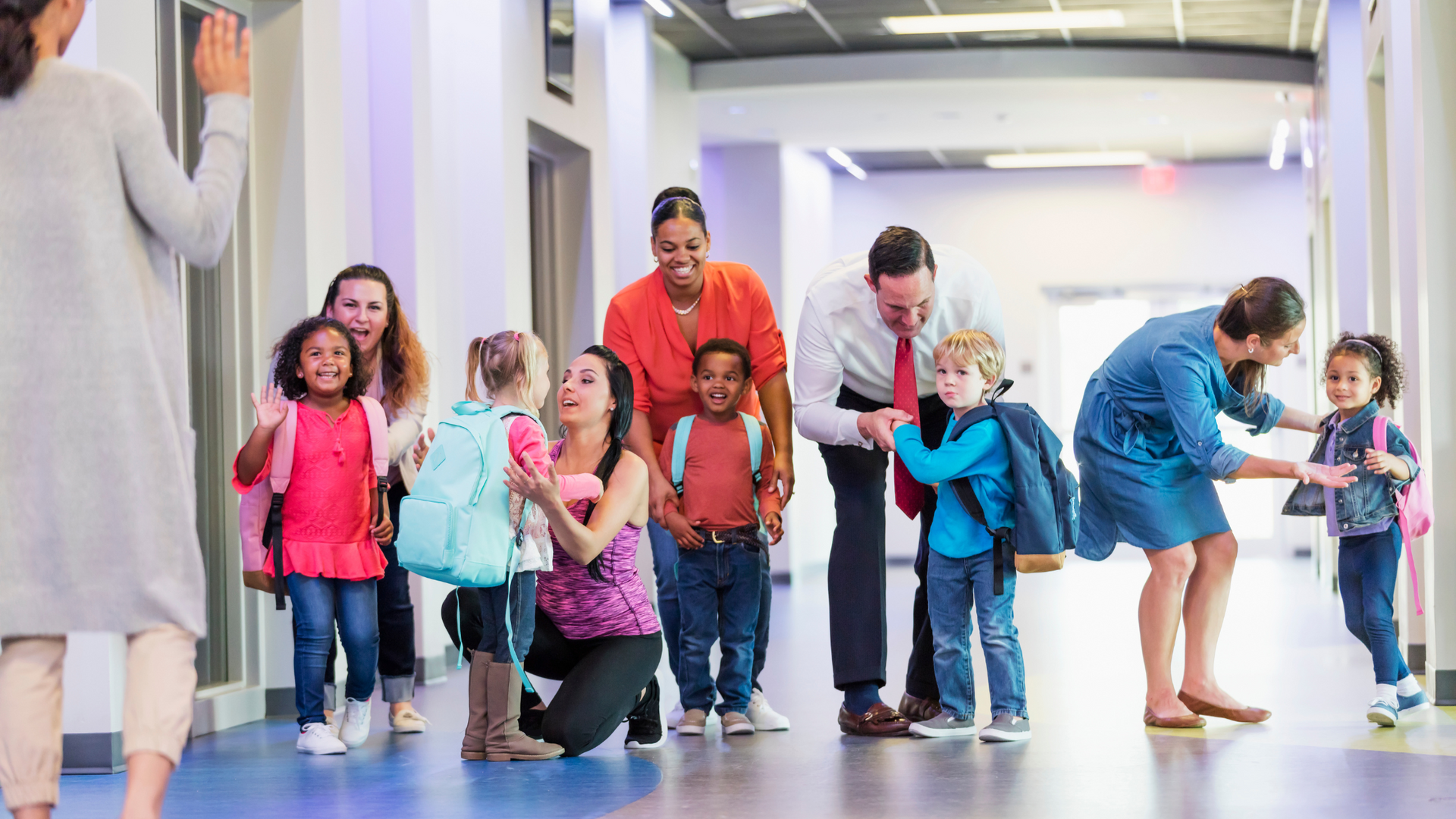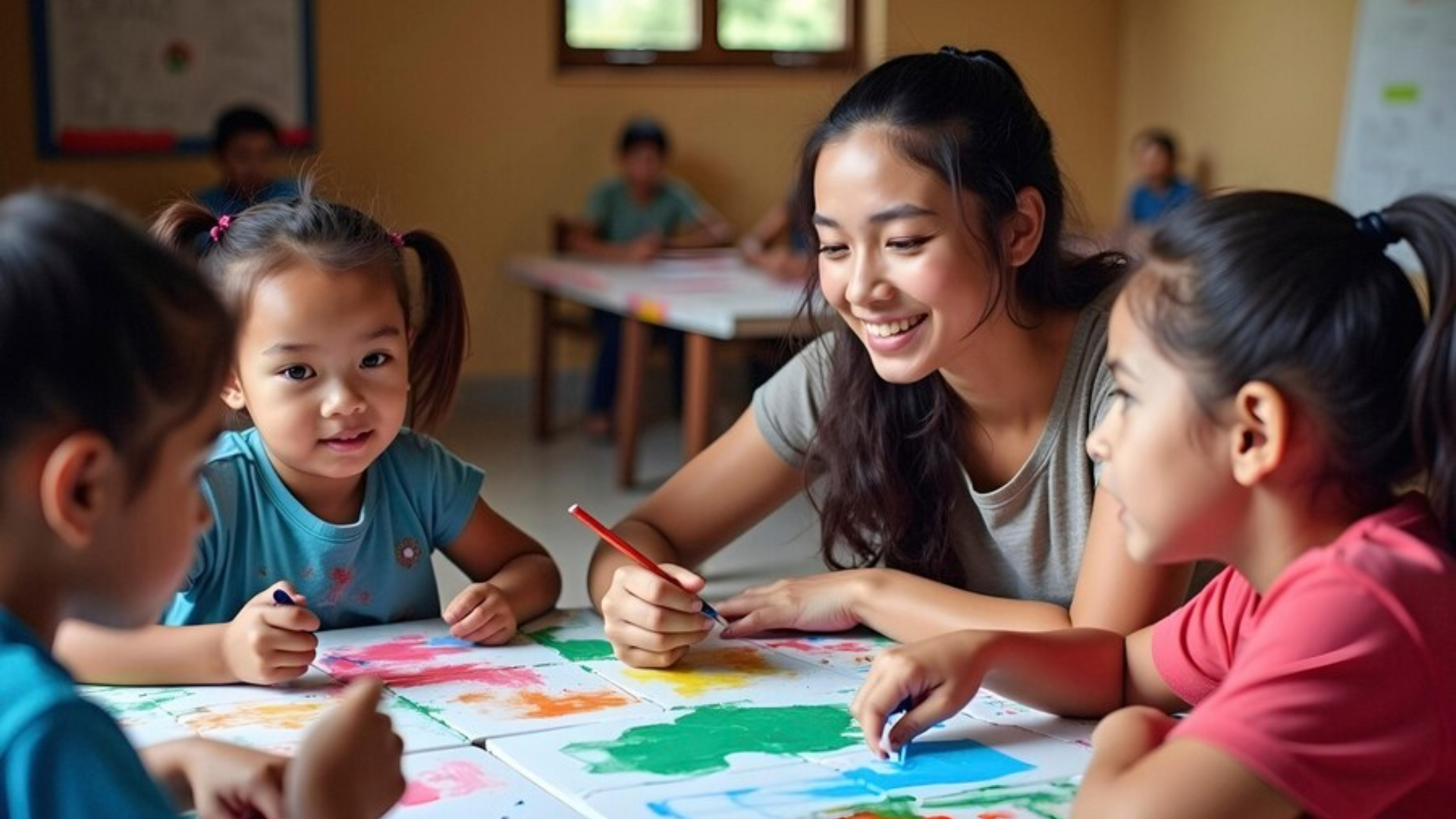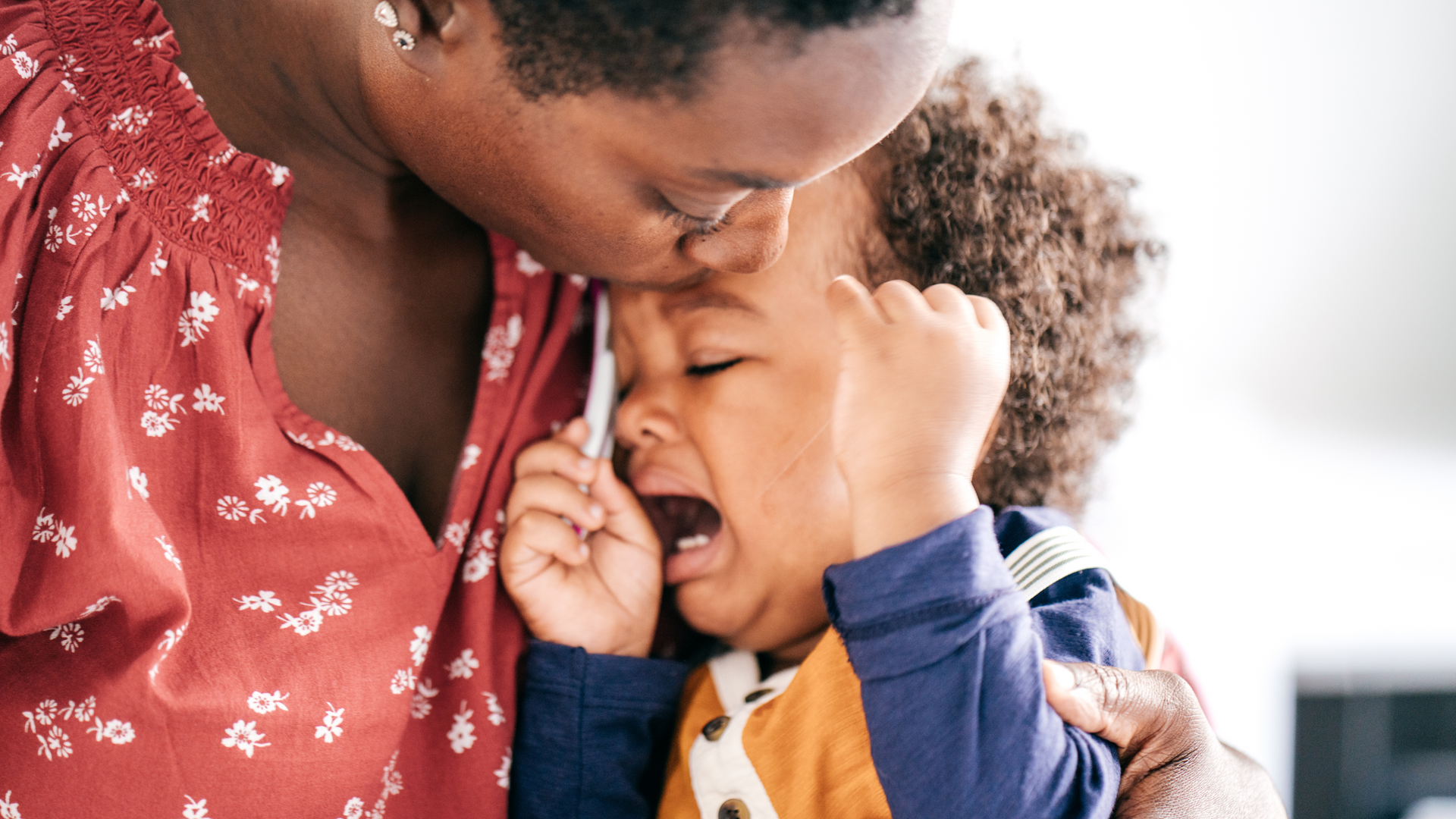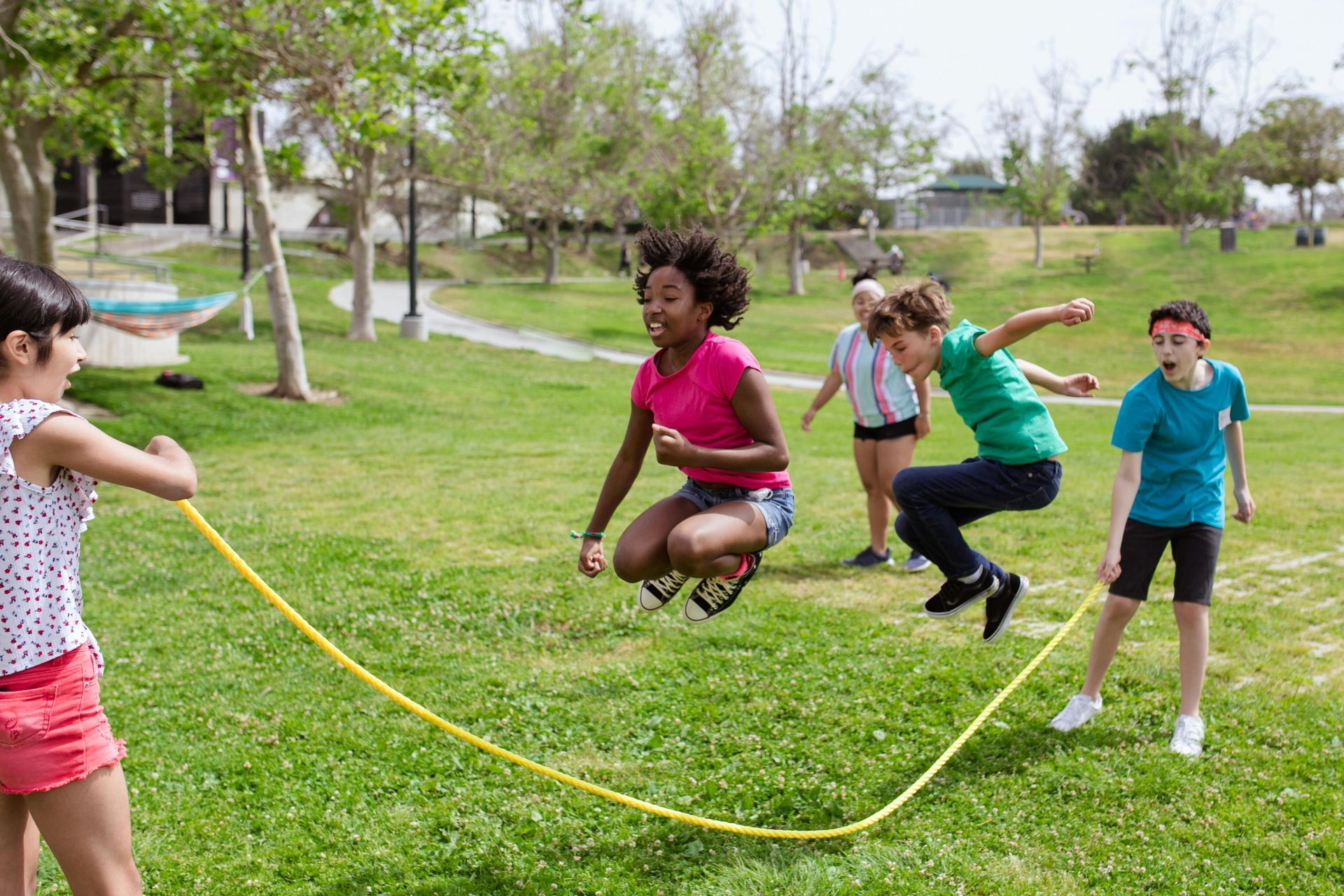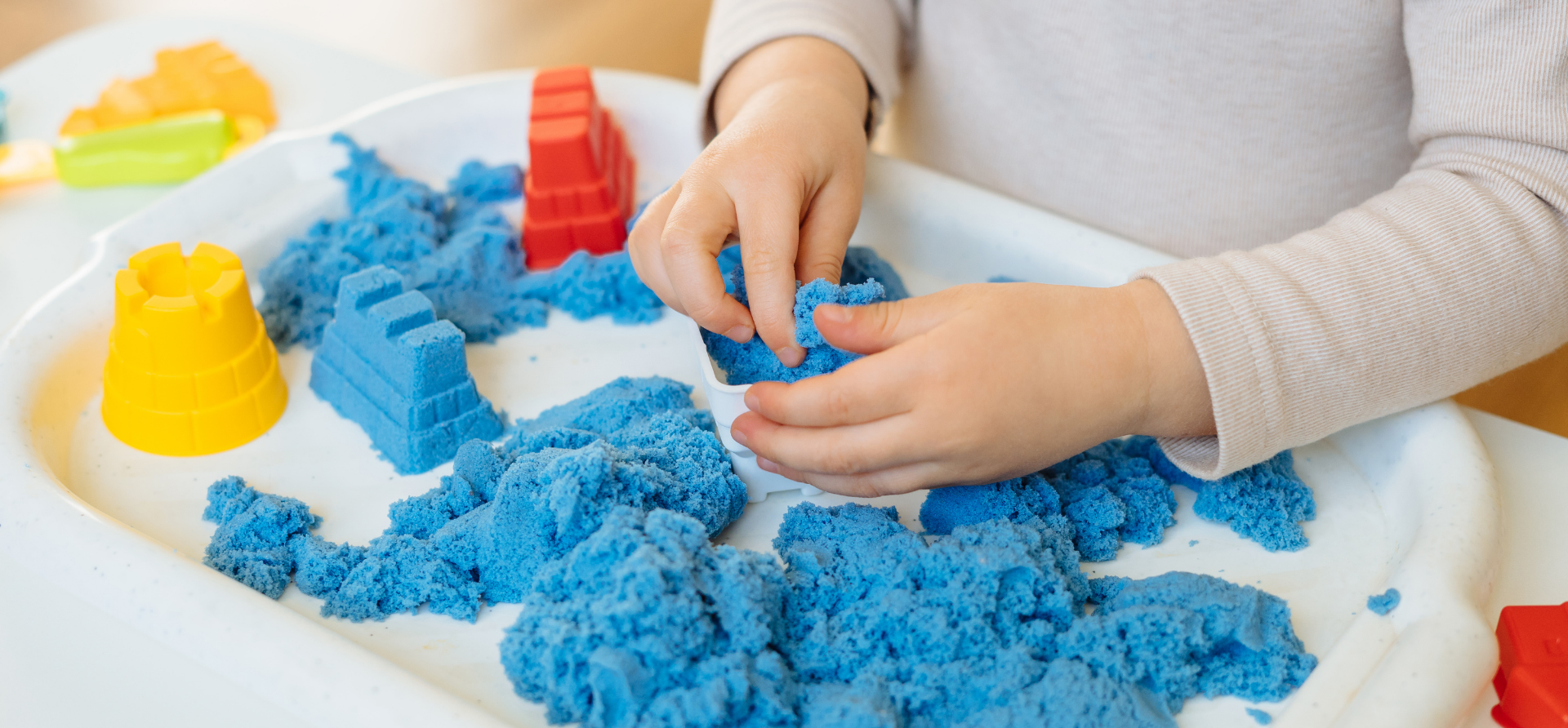Beyond ABCs: Building Social-Emotional Skills in the Early Years
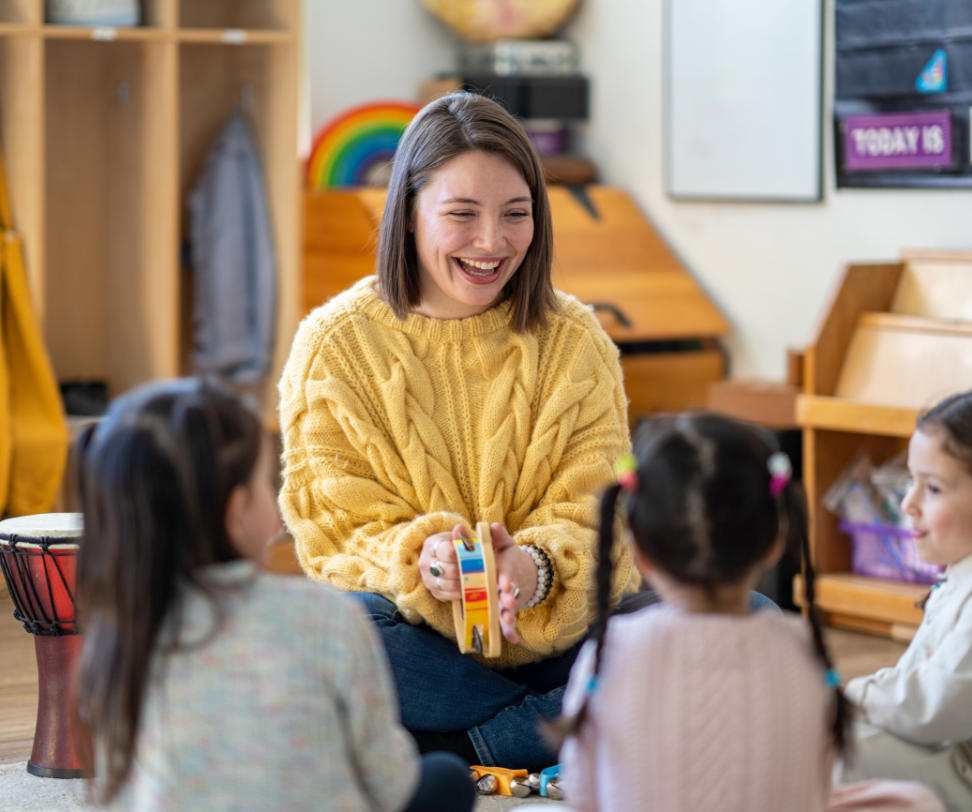
When we think of early childhood education, the first images that often come to mind are colorful alphabet charts, storybooks, and children learning to count or recite the days of the week. While academic readiness is an important part of early learning, there’s another critical aspect of development that deserves equal attention: social-emotional learning (SEL).
At Storybook School Orlando, we believe that developing empathy, self-awareness, cooperation, and emotional regulation is just as vital as learning the ABCs. In fact, building social-emotional skills in the early years lays the foundation for success not only in school but in life.
What Are Social-Emotional Skills?
Social-emotional skills are the abilities that help children manage their emotions, build healthy relationships, and make responsible decisions. These skills include:
- Self-awareness: Recognizing one’s emotions, values, and strengths.
- Self-regulation: Managing emotions, impulses, and behaviors.
- Social awareness: Understanding and empathizing with others from diverse backgrounds.
- Relationship skills: Establishing and maintaining healthy relationships.
- Responsible decision-making: Making thoughtful, ethical, and constructive choices.
These core competencies help children navigate the complexities of daily life, from sharing toys with classmates to dealing with disappointment or frustration.
Why Social-Emotional Learning Matters in Early Childhood
Research shows that children with strong social-emotional skills are more likely to excel academically, have better mental health, and form positive relationships with peers and adults. In fact, a child’s ability to self-regulate and work cooperatively is often a stronger predictor of future success than early academic achievement.
During the early years, children’s brains are highly malleable. This is a prime time for teaching SEL because neural connections are rapidly forming in response to experiences. Early childhood education environments, like Storybook School Orlando, are uniquely positioned to provide the nurturing, interactive, and consistent environments that support SEL.
How We Teach Social-Emotional Skills at Storybook School Orlando
Our approach to SEL is intentional, developmentally appropriate, and integrated into every aspect of our daily routine.
1. Creating a Safe and Nurturing Environment
A child must feel safe—physically and emotionally—before they can learn. We prioritize emotional safety by cultivating warm, trusting relationships between teachers and children. Our teachers model respectful behavior, offer consistent routines, and provide positive guidance that encourages self-control and kindness.
2. Teaching Through Stories and Role-Playing
We use storytelling as a powerful tool to explore emotions and social situations. Books like The Color Monster or Have You Filled a Bucket Today? help children understand and name their feelings. Through puppets and dramatic play, children practice empathy and problem-solving in a safe, imaginative space.
3. Emotional Literacy Activities
We help children build a vocabulary for their feelings with daily emotional check-ins, feeling charts, and mindfulness activities. Naming emotions is the first step in learning how to manage them. We encourage children to express their emotions in appropriate ways and validate their feelings.
4. Conflict Resolution and Cooperation
Rather than simply stepping in to solve disputes, we guide children through conflict resolution. Using simple language and prompts, we help children articulate what happened, how they feel, and what they need. This fosters communication, accountability, and empathy.
Group activities like building a block tower together or taking turns during circle time encourage collaboration and patience. We celebrate teamwork and teach that it’s okay to ask for help or offer support.
5. Mindfulness and Regulation Techniques
We integrate calming techniques like deep breathing, yoga, and guided imagery to help children recognize and regulate their emotions. When children learn to identify stress and use calming strategies, they build resilience and focus.
Supporting SEL at Home
Parents are a child’s first and most influential teachers. When families and schools work together to support SEL, children benefit tremendously. Here are some simple ways to foster social-emotional growth at home:
- Model emotional awareness: Talk openly about your feelings and how you manage them.
- Validate your child’s emotions: Let them know it’s okay to feel sad, angry, or scared.
- Practice gratitude and kindness: Create a habit of sharing things you’re thankful for or ways to help others.
- Encourage independence: Let your child make age-appropriate choices and take on small responsibilities.
- Read books about emotions and relationships: Discuss the characters' feelings and actions.
If your child is about to start a new chapter, like daycare or preschool, preparing them socially and emotionally can ease the transition. Check out our guides on how to prepare your child for daycare and what’s the best age to start childcare to support your child’s success.
Long-Term Benefits of Social-Emotional Learning
Investing in SEL during early childhood pays dividends well into adulthood. Research indicates that SEL skills are linked to:
- Increased academic performance
- Improved mental health and reduced anxiety
- Stronger interpersonal relationships
- Greater resilience and coping skills
- Higher rates of employment and life satisfaction
Children who can manage their emotions, cooperate with peers, and solve problems effectively are better equipped to handle challenges in school and beyond.
SEL Is the Foundation for Lifelong Learning
At Storybook School Orlando, we know that children learn best when they feel seen, heard, and understood. That’s why we center our curriculum on the whole child—academically, socially, and emotionally. Our goal is not just to prepare children for kindergarten, but to nurture compassionate, confident, and capable human beings.
We believe that learning to care, connect, and communicate is just as important as learning letters and numbers. When children develop strong social-emotional skills, they are more ready to learn, more resilient in the face of challenges, and more connected to their communities.
Interested in learning more about our approach to social-emotional learning? Contact Storybook School Orlando or schedule a tour to see how we bring compassion and connection into every part of our day.
